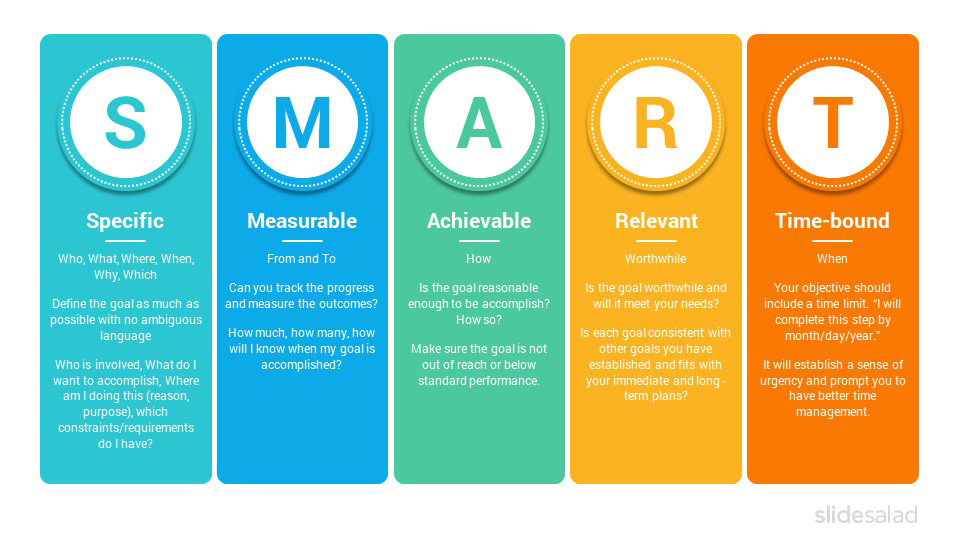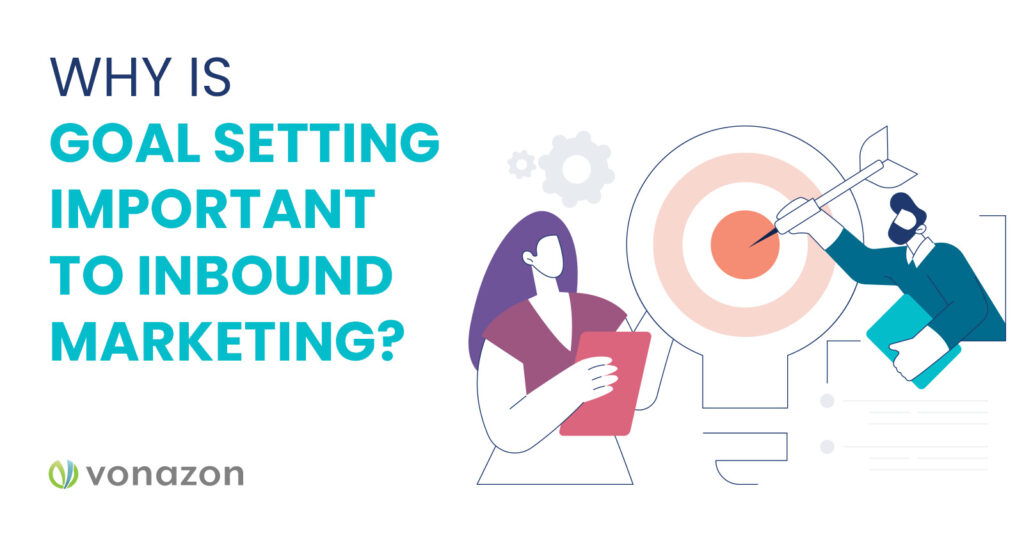WHY IS GOAL SETTING IMPORTANT TO INBOUND MARKETING?
When it comes to inbound marketing, success is often measured by the ability to attract, engage, and convert leads into loyal customers. However, what businesses often forget is that goal setting plays a pivotal role in guiding businesses towards achieving their inbound marketing objectives. Whether it’s increasing website traffic, generating more leads, or boosting sales, setting clear and measurable goals is essential for driving success in inbound marketing. Let’s explore exactly why goal setting is important to inbound marketing.
Setting Direction and Focus for Goal Setting in Inbound Marketing
One of the main reasons why goal setting is so important to inbound marketing success is that it provides a roadmap for businesses, helping them define their objectives and chart a clear path towards achieving them. By setting specific, measurable, achievable, relevant, and time-bound (SMART) goals, organizations can establish a clear direction for their marketing efforts and ensure that all activities are aligned with their overarching objectives. This focus ensures that resources are allocated efficiently and that efforts are directed towards activities that contribute to the desired outcomes.

Measuring Progress and Performance
Inbound marketing strategies rely heavily on data and analytics to closely track performance and measure success. Setting goals allows businesses to establish key performance indicators (KPIs) that serve as benchmarks for evaluating progress and performance.
By regularly monitoring KPIs and comparing them against established SMART goals, businesses can gain valuable insights into the effectiveness of their marketing efforts and identify areas for improvement. A data-driven approach enables organizations to make informed decisions and adjust their strategies in real-time to achieve optimal results. If you’re not sure where to start, consider these inbound marketing KPIs:
- Website Traffic: Total website views, organic traffic, referral traffic, direct traffic
- Lead Generation: Conversion rate, cost per lead (CPL)
- Engagement: Page views, time on page, bounce rate
Motivating Teams and Driving Accountability
Clear goals provide teams with a sense of purpose and direction, motivating them to work towards common objectives. By clearly communicating expectations and defining individual roles and responsibilities, goal setting fosters a sense of accountability within the organization.
When employees understand how their contributions add to the achievement of overarching goals, they are more likely to be engaged and committed to delivering results. Alignment of goals across teams ensures that everyone is working towards a common vision, driving cohesion and collaboration within the organization. This also enables teams to celebrate their wins together, which fosters a sense of community and keeps morale high. In fact, research has shown that presenting weekly progress reports to a supportive audience increases the chances of achieving your goal by 40%.
Identifying Opportunities and Challenges
Goal setting encourages businesses to take a proactive approach to identifying opportunities and challenges. By conducting a thorough analysis of strengths, weaknesses, opportunities, and threats (SWOT), organizations can identify areas where they can capitalize on opportunities and address potential threats.
Setting goals that are ambitious yet achievable encourages businesses to push the boundaries of innovation and creativity within their inbound marketing strategies, driving continuous improvement and growth. Additionally, by anticipating potential challenges and developing contingency plans, businesses can mitigate risks and adapt to the frequent changes in the marketing landscape more effectively.
Improve Return on Investment (ROI)
Ultimately, the overarching goal of inbound marketing is to drive tangible business results and deliver a positive return on investment (ROI). By setting clear goals and tracking performance against established KPIs, businesses can ensure that their marketing efforts are generating meaningful results and contributing to the bottom line.
A close focus on ROI allows organizations to allocate resources more effectively, invest in strategies and tactics that deliver the greatest impact, and maximize the effectiveness of their inbound marketing budget.
Harnessing the Power of Goal Setting for Inbound Marketing Success
Goal setting is a fundamental aspect of inbound marketing, providing businesses with a strategic framework for achieving their objectives. By setting clear and measurable goals, organizations can align their marketing efforts with their broader business goals, measure progress and performance, motivate teams, identify opportunities and challenges, and ultimately enhance ROI. When it comes to mastering inbound marketing strategies, goal setting isn’t just important – it’s essential for driving success and staying ahead of the curve.
If you need any assistance identifying the most impactful goals to effectively market your organization, or help developing inbound marketing strategies that produce optimal results, contact the experts at Vonazon. Our team has extensive experience creating customized marketing strategies and campaigns that ensure organizations increase ROI, elevate their brand, streamline productivity, and accomplish any goals that are integral to your success.







